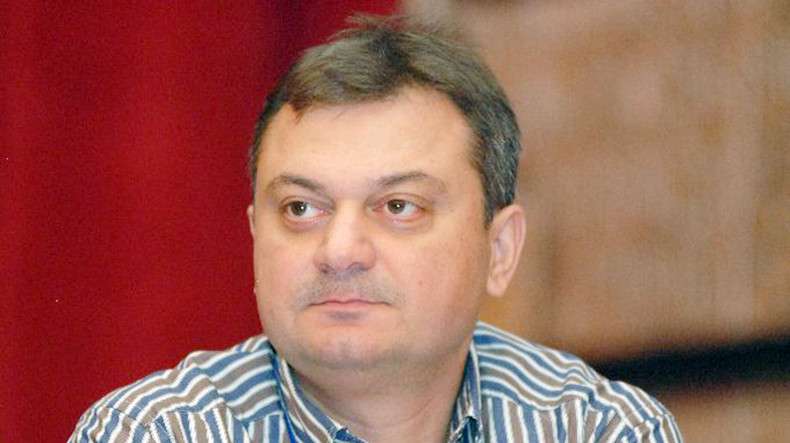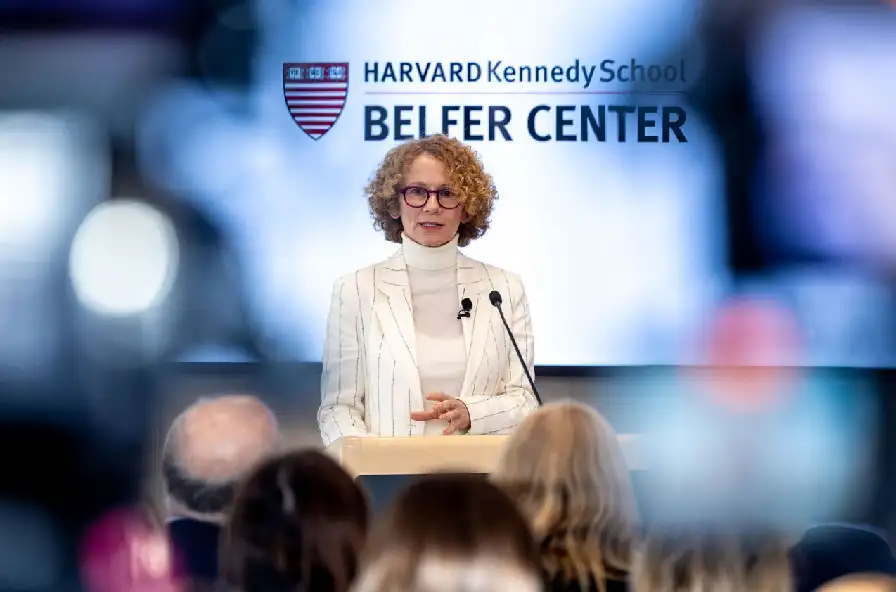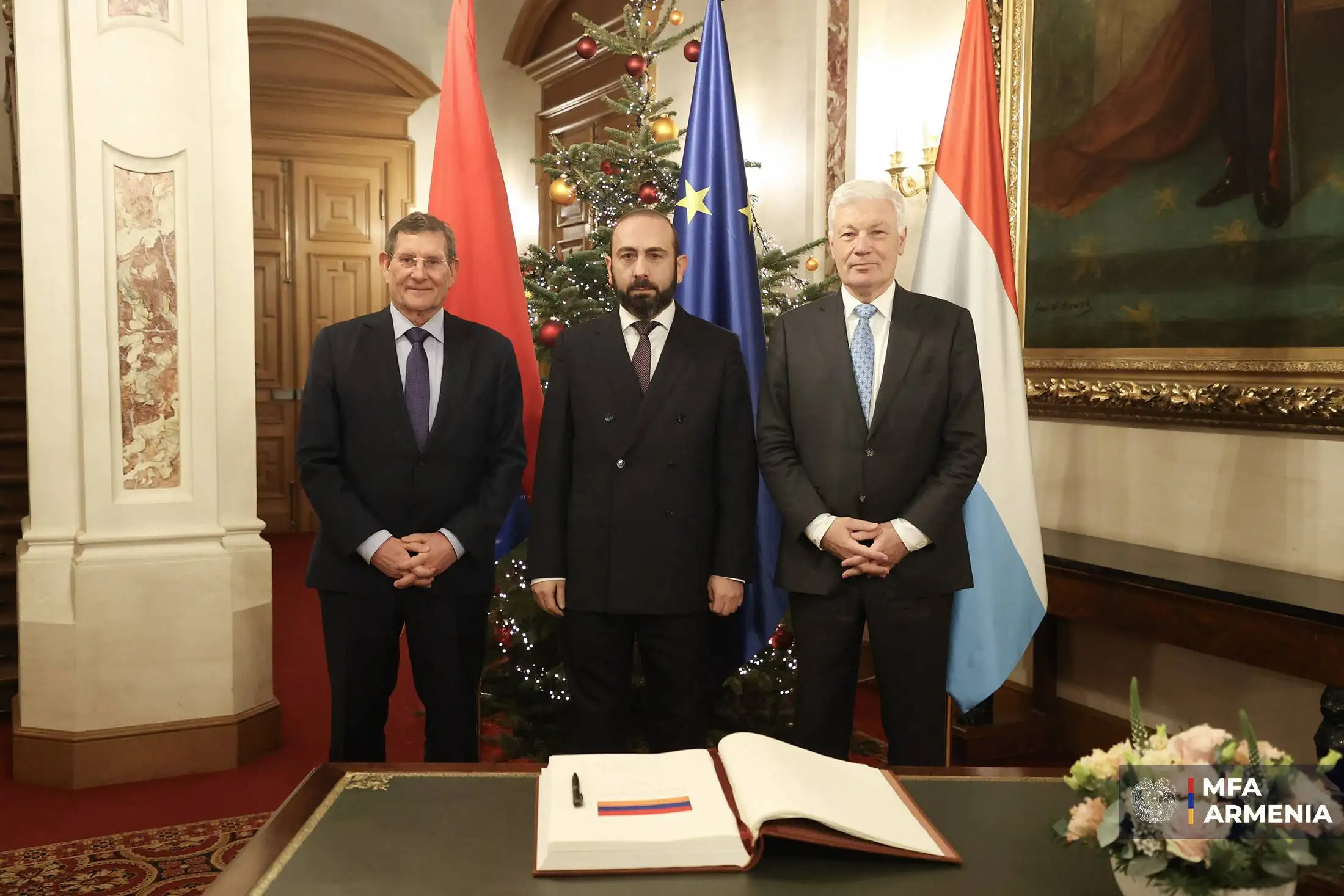The interlocutor of Radar Armenia is Shahan Gantaharyan, an international scientist and analyst.
- According to the agreements reached during the Prague meeting, EU civil observers arrived in Armenia. What effect can their presence have?
- The observation competition should be considered a link in the chain of manifestation of tense relations between the West and the Russian Federation. The Russian response was not late. Lavrov announced that the CSTO is ready to send observers to the border. All these indicate that competition will be at all levels and in different dimensions in our hot-spot border regions.
- The Secretary of the Security Council, Armen Grigoryan, announced that it is possible to sign the peace agreement before the end of the year. How realistic do you consider yourself to be, considering the intensifying competition between Russia and the West in regulating Armenian-Azerbaijani relations?
- The Secretary of the Security Council re-emphasizes the time plans of the leading players. There is a rule of the game to be in favor of the peace plan and not against it. However, I think the process is complicated because different players are involved. Everyone talks about the peace plan, demarcation, boundary, and lifting the blockade. The problem concerns the guarantor and the intermediary.
I think the long-term status quo of the Artsakh conflict was due to international disagreement over the composition of the peacekeeping mission. Now, that disagreement extends to mediation guarantees in general, as well as to peacekeeping dimensions. A vivid example of this is the observation competition.
- Recently, the Turkish Foreign Minister mentioned that the Diaspora is hindering the Armenian side in normalizing Armenian-Turkish relations. In your opinion, does the Armenian diaspora delay this process?
- Ankara's rhetoric of separating Armenia and the diaspora is not new, contrasting the extremist diaspora with moderate Armenia. Ankara's goal is to present the Armenian side as an obstacle to normalizing relations. When the solution of Armenia-Azerbaijan problems conditions the establishment of Yerevan-Ankara relations, it is not only the calculation of Azerbaijan or preferring the interests of Baku but also attributing the failure of the process to the Armenian side. Now the official Ankara wants to say that it will solve the problems with Armenia by negotiating with Moscow. Still, the diaspora is far from that influence and may have a disturbing circumstance. It is said that the rules of the Turkish-Azerbaijani game can be opposed by the Diaspora, which is also a political factor in the Western countries, which practically started to counterbalance the situations established by the Russian-Turkish agreement.
- In your opinion, what moods exist in the Armenian Diaspora regarding the settlement of Armenian-Turkish and Armenian-Azerbaijani relations?
- I think the content of the Zurich Protocols returns with more negative colors. Ankara wants to objectify Kars-2 when it declares that there is a need to draw a border between Turkey and Armenia. Turkey, more than the recognition of the genocide, is worried about the task of territorial compensation or the Sevres syndrome. He wants to provide a legal, contractual guarantee against abandoning territorial claims. This is a pan-Armenian problem and does not concern only the diaspora. The same applies to making Artsakh acceptable as part of Azerbaijan in case of giving in to the Turkish-Azerbaijani demands.
Hayk Magoyan




















